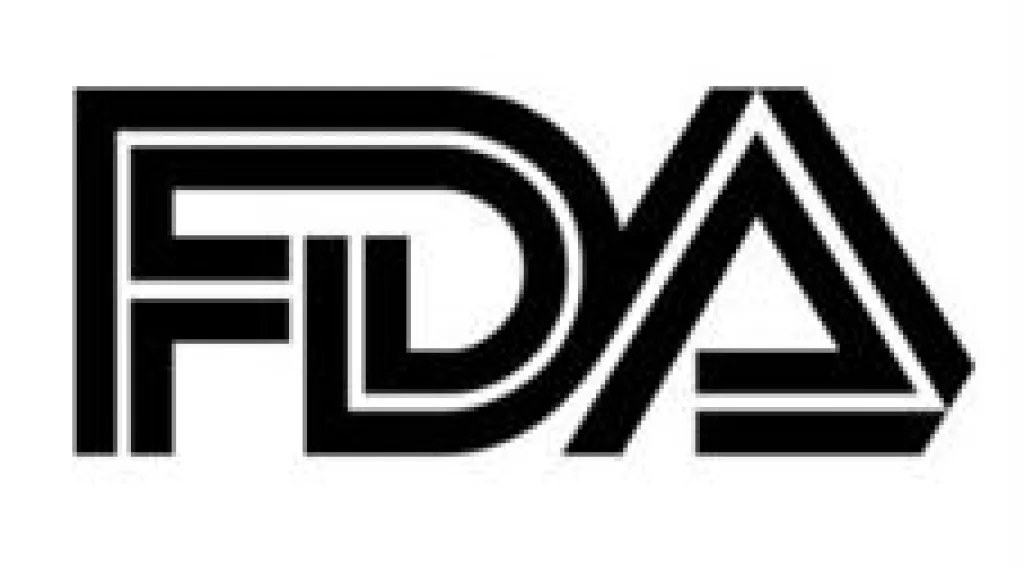
In the News: FDA Committee Recommends Approval of New Screening Test

We support the latest advancements in screening for colon cancer and are at the pulse of the FDA approval process for products that will help save lives and prevent colon cancer. On Thursday, our CEO, Eric Hargis, attended the FDA hearing to make a statement in support of Cologuard, a new, cutting-edge stool DNA test. This non-invasive colon cancer screening test created by Exact Sciences went in front of the FDA’s Molecular and Clinical Genetics Panel of Medical Devices Advisory Committee.
Eric’s Statement to the FDA
In the past decade we have seen a 30% reduction in the incidence of colorectal cancer; a dramatic decline for any medical condition but even more astounding given our aging population and that colon cancer primarily impacts older adults. The reason for the decline is clear – an increase in the percentage of at-risk adults who were screened resulted in a corresponding decrease in colorectal cancer.
But despite this improvement, 23 million Americans in the at-risk group for colorectal cancer have not been screened at all. This year there will be an estimated 140,000 new cases of colorectal cancer and the treatment of these individuals will cost in excess of 14 billion dollars. It is truly an American tragedy that in 2014 almost 50,000 people will die from a condition that is largely preventable with timely screening.
Obviously the best method of screening to prevent colorectal cancer is a colonoscopy in that it is the best way to identify pre-cancerous polyps and remove them in the same procedure. But we will not reach the goal of screening all at-risk adults if we rely solely on the colonoscopy. There is a host of factors that prevent or inhibit individuals from getting a colonoscopy from lack of insurance to embarrassment to stigma. But perhaps the highest hurdle is simply the fact that it requires someone who has no symptoms, in fact feels perfectly healthy, to undergo a fairly invasive medical procedure.
The fact is we need new less invasive screening methods if we are to reach our community-wide goal of screening 80% of adults by 2018. That is why the Colon Cancer Alliance strongly encourages the FDA to approve Cologuard as a new screening option for physicians and their patients and that CMS include Cologuard for reimbursement to ensure that a test that could save millions of dollars in treatment costs, and more importantly, patient’s lives, is not avoided due to cost.
Certainly the Colon Cancer Alliance recognizes that Cologuard cannot detect pre-cancerous polyps as well as a colonoscopy; but we stand with Dr. Koh, Assistant Secretary of Health and Human Services, when he says the best screening procedure is the one that gets used. There is a huge need for a more effective non-invasive screening test and we look forward to a speedy and positive decision by the FDA and CMS.
The Outcome
The committee determined by a unanimous vote of 10 to zero that the product demonstrated safety, effectiveness and low risk to the consumer. The FDA is not bound by the panel's decision but often follows the recommendations of its advisory committees. Congratulations Exact Sciences! We’re proud to be in support of Cologuard.
How Cologuard Works
Every day, millions of normal cells are shed from the colon lining into the stool stream. As these cells break down, they release DNA. All colon cancers start as precancerous polyps and as those polyps develop, they also shed cells into the stool stream. Some of these cells contain altered DNA found in polyps and cancer. Cologuard is designed to have patients collect a stool sample at home and send it to a lab where the sample will be processed through a series of lab procedures to find specific DNA targets that would indicate cancer. The targeted DNA is then amplified and checked for molecular changes associated with cancerous and pre-cancerous conditions of the colon and rectum. If test results show precancerous or cancerous activity, a colonoscopy will need to be scheduled.
More Resources
Don’t forget, the Colon Cancer Alliance serves as a source of information about colon health. If you have additional questions about screening or are in need of support, please contact our free Helpline at (877) 422-2030. We’re here to help!
Top resources

Legislation introduced to address young-onset CRC
Explore the urgent need for the Colorectal Cancer Early Detection Act (HR 7714), legislation aimed at combating the rising incidence of colorectal cancer among younger adults through enhanced screening, education, and research.

Christy Williams: Biomarker testing leads to successful treatment
Statistics suggested that Christy’s odds of survival were grim, so she leaned into her faith and kept a positive outlook. She tried to control what she could. And, critically, she received biomarker testing.

Michelle Cappel: Biomarker testing extends life
Michelle Cappel owes a lot to colorectal cancer biomarker testing — seven years of life and counting.





